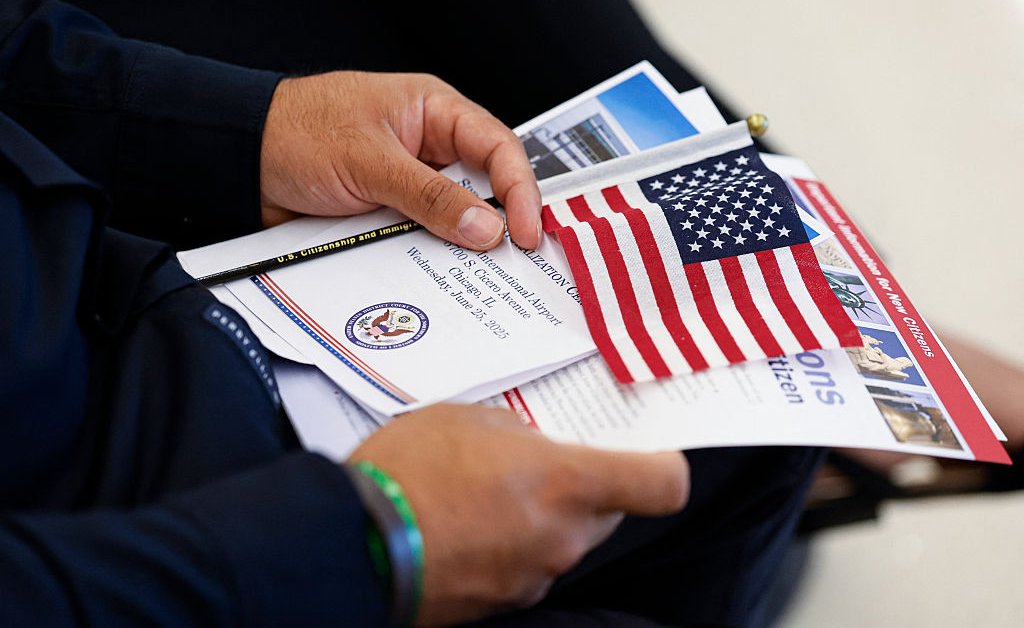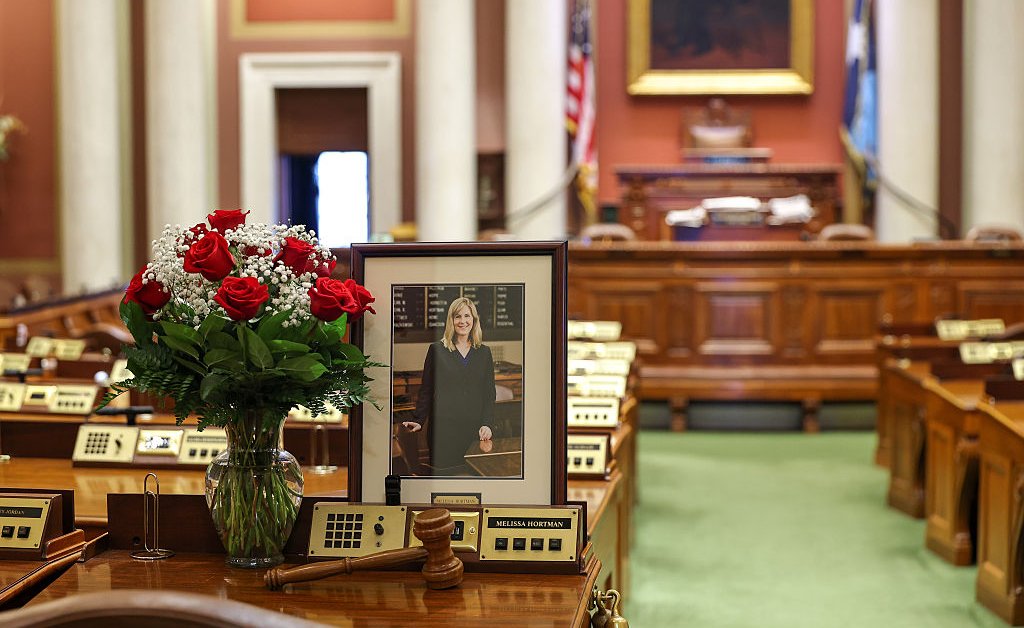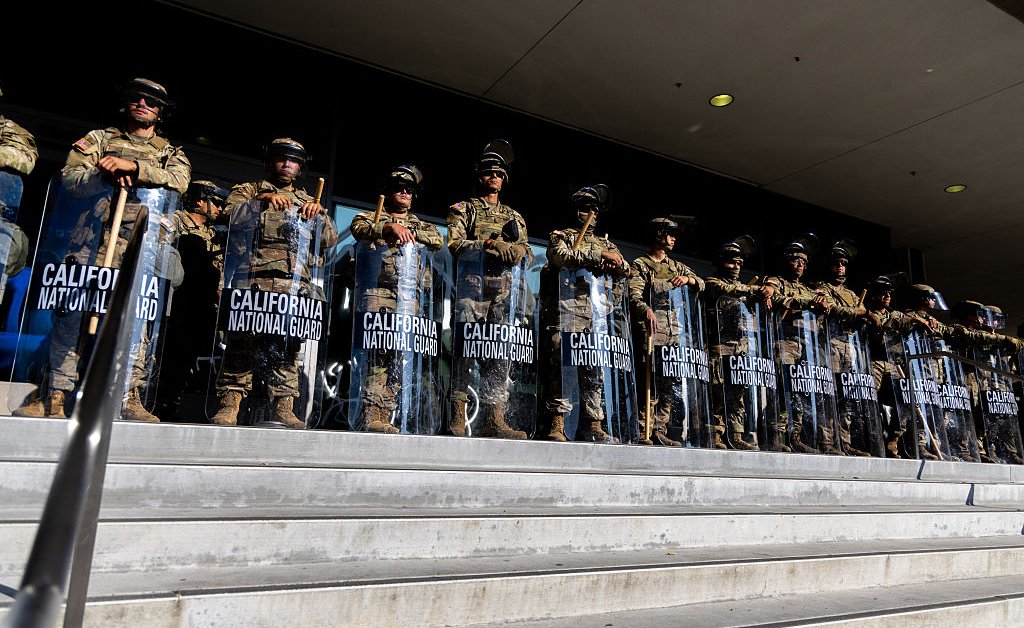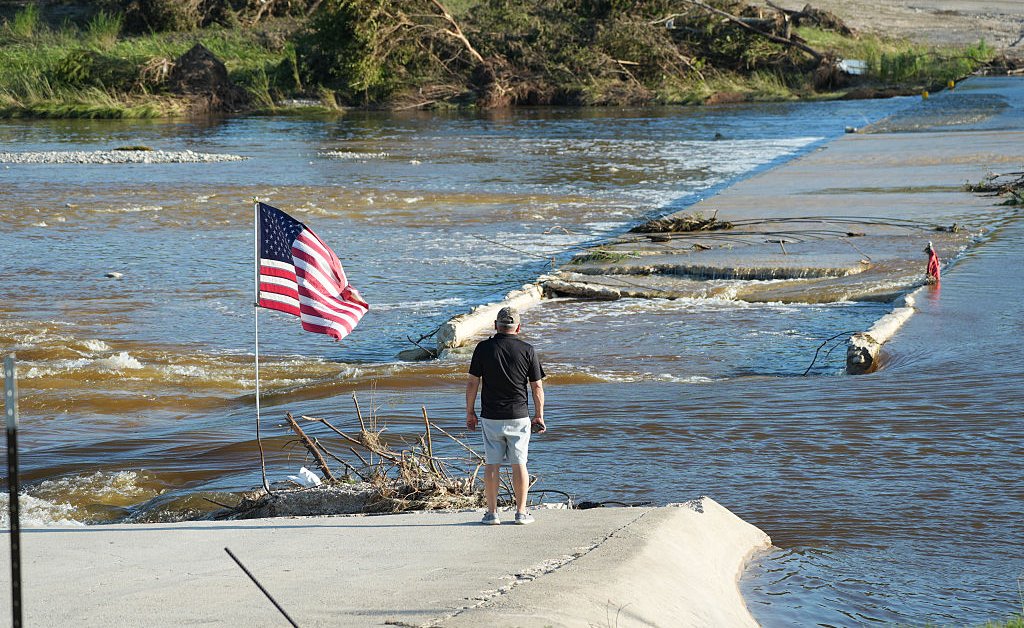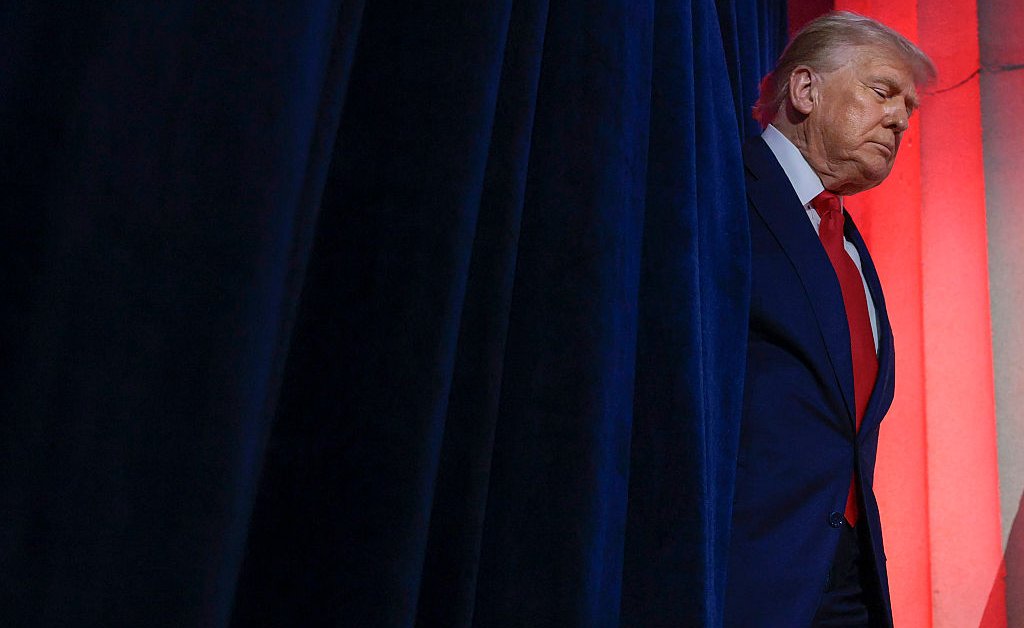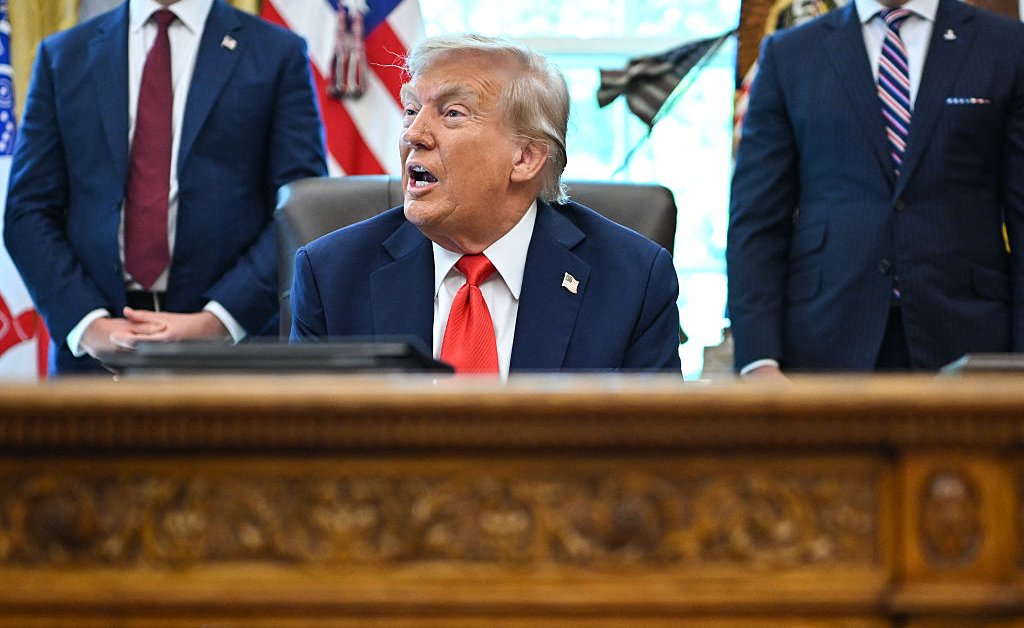On July 5, 1852, over a decade before Abraham Lincoln issued the Emancipation Proclamation, Frederick Douglass delivered a keynote address at an Independence Day event. “What, to the American slave, is the Fourth of July?” Douglass asked. “A day that reveals to him, more than all other days in the year, the gross injustice and cruelty to which he is the constant victim. To him, your celebration is a sham; your boasted liberty, an unholy license; your national greatness, swelling vanity; your sounds of rejoicing are empty and heartless; your shouts of liberty and equality, hollow mockery.”
Enslaved Americans and their descendants, of course, did not voluntarily come to America. It was a forced migration in shackles, one drenched in blood—a painful history that, nearly 250 years since the Declaration of Independence, has not been fully reconciled with.
On this Independence Day holiday weekend, amid increasingly aggressive, reckless immigration raids; in the aftermath of the Supreme Court inviting chaos and confusion into settled constitutional birthright citizenship law, and the Senate voting to give ICE a budget larger than the Marines; as Florida constructs a massive “Alligator Alcatraz” detention center and its governor talks of deputizing National Guardsmen as immigration judges; and as everyday Americans look at each other with doubt and wonder if their neighbors are truly “American,” we must ask: What, to the immigrant—particularly to the undocumented immigrant—is our Fourth of July?
In Southern California, ICE has been quietly tearing apart Asian immigrant communities, with detainments often happening out of public sight, and detainees not being told in their language what is happening to them or where they are. Cambodian, Laotian, and Vietnamese refugees whose deportation orders have been on indefinite hold for years are being detained after showing up for routine check-ins at ICE offices. Ethnic hubs like Little India are receiving noticeably less foot traffic as even legal residents avoid potential run-ins with federal agents.
In Texas, Jermaine Thomas, a 38-year-old Black man born on an army base in Germany to a U.S. citizen father, was deported to his father’s birth country of Jamaica, a place he’d never been. After propagating a dehumanizing lie that Haitian immigrants in Ohio eat pets, President Donald Trump terminated Temporary Protected Status for around half a million Haitian refugees, with no plan in place for their U.S. citizen children.
Several predominantly Latino communities have canceled or postponed Independence Day events. Trump’s efforts to “Make America Great Again” have perversely scared Americans into not celebrating America’s greatness at all.
Unfortunately, the challenges facing immigrant communities are not new. Thirteen years ago, myself and several other undocumented immigrants spoke out about America’s broken immigration system on the cover of TIME. “The Republican Party can go one of two ways. It will either make room for its moderate voices to craft a compromise; after all, John McCain, to name just one, was a supporter of the Dream Act,” I wrote. “Or the party will pursue a hard-line approach, further isolating not just Latinos, the largest minority group in the U.S., but also a growing multiethnic America that’s adapting to the inevitable demographic and cultural shifts. In 21st century politics, diversity is destiny.”
Now, the three branches of government are under Republican control, enabled and empowered by a fact-free MAGA narrative in which the rhetoric around immigration is synonymous with violent criminality. Messaging that undocumented immigrants are a massive criminal monolith helped fuel Trump to the American presidency—twice. But almost half of the people currently in ICE custody, data shows, have neither been convicted of nor charged with any crime. Despite the picture painted by the president, just 6% of known undocumented murderers and 11% of known undocumented sexual offenders have been detained. The most common categories of crimes committed by detainees are immigration and traffic offenses.
The truth is that most undocumented immigrants want to make America great. We love America. We want to be here and follow the law. We want to work, and we find ways to do so, despite only 19 U.S. states allowing undocumented immigrants to obtain driver licenses. We are eager to contribute. In fact, we contribute nearly $100 billion each year in taxes—income, property, sales, etc. We subsidize social services like Social Security and Medicare without being able to benefit from them. Ironic from a country born out of revolting against taxation without representation.
We strive to be proud of a country that is not proud of us.
Not long after I discovered that I didn’t have the proper documents to live in America, I was watching Rob Reiner’s film The American President, and toward the end of the film, Michael Douglas, as the president, says: “America isn’t easy. America is advanced citizenship. You gotta want it bad, ’cause it’s gonna put up a fight.” I was 17, lost and disoriented, and hearing those words helped me realize that I had to fight—that being an American had to be earned.
When you are an undocumented immigrant, celebrating the Fourth of July is to resist being defined by fear and panic.
What it means to be an American is less about who you are than what you are about—how you live your life, how you contribute to this country, how you pledge allegiance to a flag hoping and praying it will make room for you. It means insisting that we are more than our labor, and that our dignity lies in our agency—that the most American thing about us, in fact, is what connects us to every human being who’s ever had to fight their way to be included in the American experiment. What it means to be an American is in the hearts of the people who, in their struggles and heartaches, in their joys and triumphs, fight for America and fight to be American every day. And it’s in the hearts of local U.S. citizens who welcome us despite our status, who date us, hire us, and fight for our humanity.
“The visual echo between today’s ICE raiders and yesterday’s slave catchers is eerie: the ambushing, the snatching off the streets, the chasing through fields and forests, the carting off to far away cages,” writes journalist Charles Blow. “The context is different, obviously, but the terror is kindred.”
And as Bernice A. King, daughter of Martin Luther King Jr. and CEO of the King Center writes: “It would help tremendously not to refer to human beings as ‘illegals.’ Because language matters. Because labels often dehumanize. Because no person is an ‘illegal.’”
As much as we talk about “illegal aliens” as problems, we rarely discuss possible solutions outside of arresting or jailing them. So I’m heartened by a recent Quinnipiac poll that finds support for a path to legalization for most undocumented immigrants has risen to 64%. Only 31% want most of them deported. That’s a 14-point net swing for legalization since Trump took office in January. I’m also encouraged by seeing communities protest ICE—including in traditionally red states and counties. Trump baselessly claimed that these demonstrations were part of a “foreign invasion.” No, it was Americans standing up for their neighbors—and for the values America represents.
This Independence Day, I choose to celebrate progress toward these values. I choose to hope that undocumented immigrants will no longer be used as pawns in an endless political game.
In fireworks, I see beacons of public embrace. In communities across our country, I see groups of Americans, from all backgrounds, giving proof that our flag is still there.

